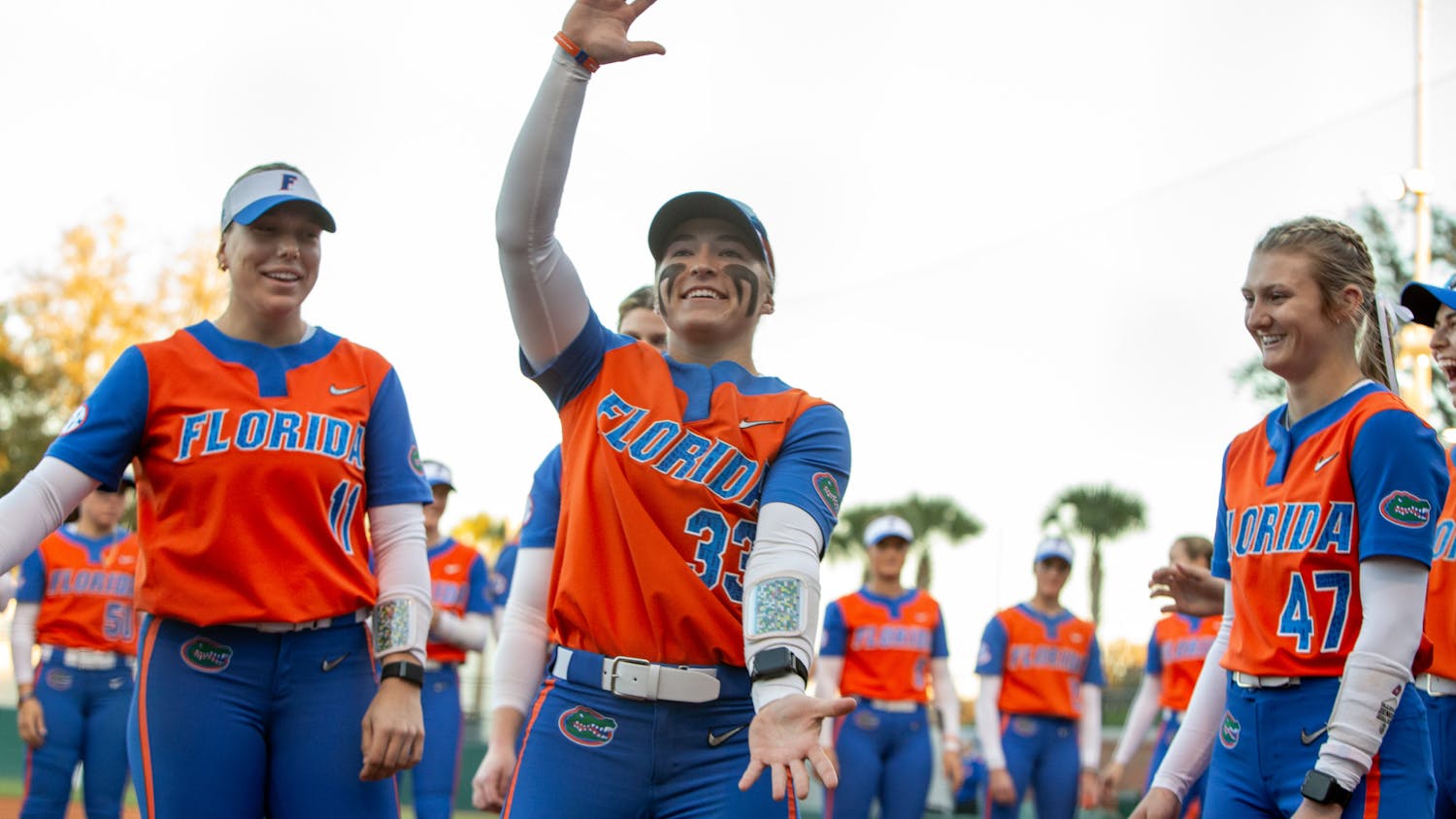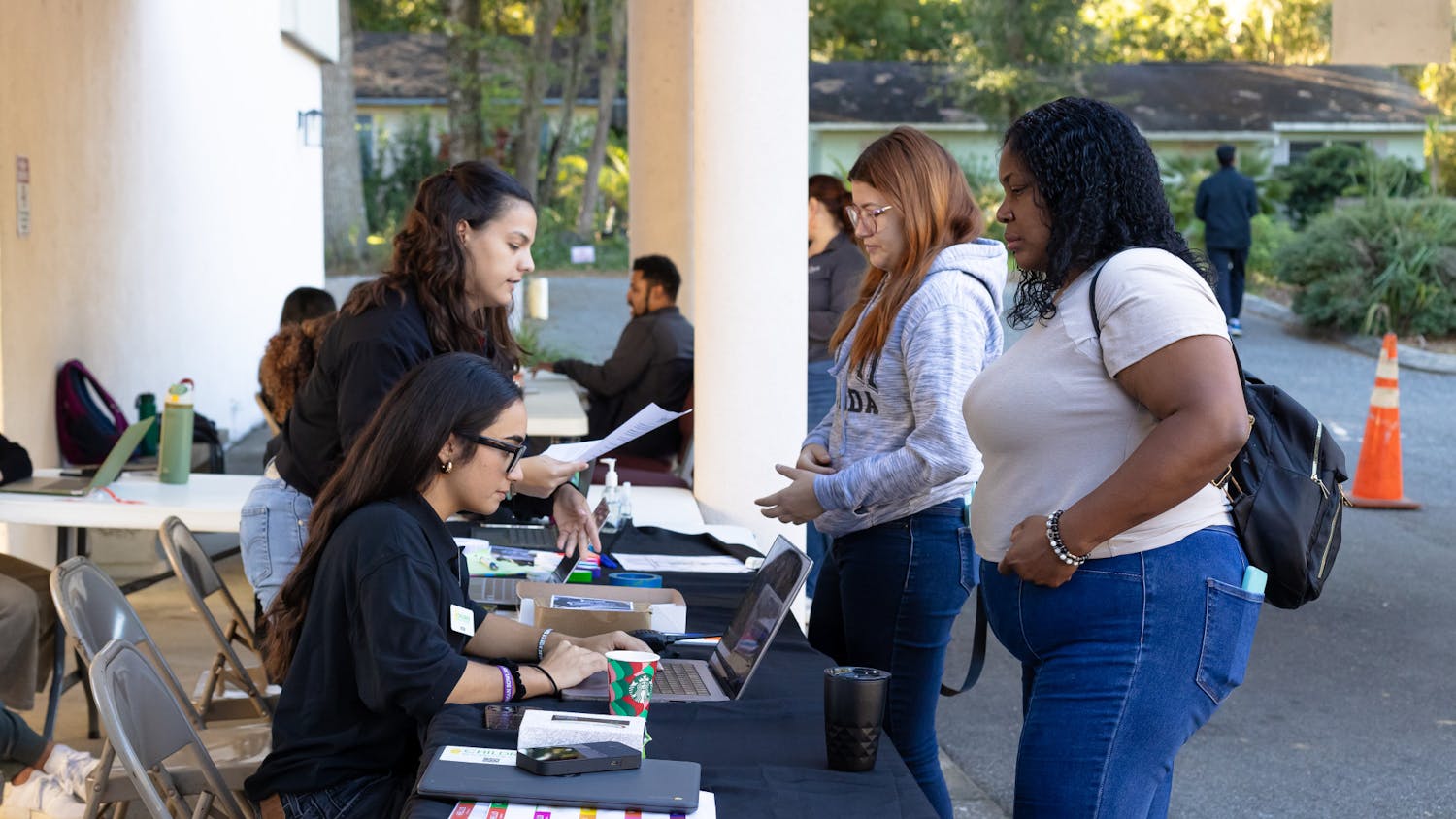A team of UF researchers hopes to provide better treatment therapies for people suffering from epilepsy by researching cannabidiol.
The Florida Department of Health approved $1 million in grants for a team led by Paul Carney, a UF Health pediatric neurologist. The main goal of the study is to provide treatment with cannabidiol to children with drug-resistant epilepsy, according to the U.S. National Institutes of Health.
Cannabidiol is made using the chemical in the marijuana plant and does not contain tetrahydrocannabinol, or THC.
About six million people in America are diagnosed with epilepsy, one of the most common neurological diseases in which nerve cell activity in the brain is disturbed, causing seizures. About one-third of these people are not responsive to medication, Carney said.
Participants will be administered Epidiolex, which is made using cannabidiol.
“CBD (cannabidiol) has been shown to reduce seizures in a number of previous studies and our goal is to better study the safety and efficacy of this drug in a controlled clinical environment,” said Ph.D. student Christopher Anderson, a research assistant for the Carney Epilepsy Research Lab.
The project is intended to treat 50 children from ages 2 to 16 living with epilepsy that have exhausted most of their treatment options, Carney said.
Every step of the three-year study will be meticulously tracked. Patients will check-in at regular intervals and the researchers will examine how the children are responding, Carney said.
All subjects will be clinically evaluated and seizure frequency will be recorded in a diary given to patients, according to the ClinicalTrials.gov website.
“Through this research, we want to learn about what type of children respond, if they can tolerate the medication and if there are any side effects we need to worry about,” Carney said.
The study will begin later this summer and participants are still being accepted, Carney said.
[A version of this story ran on page 10 on 6/11/15]





